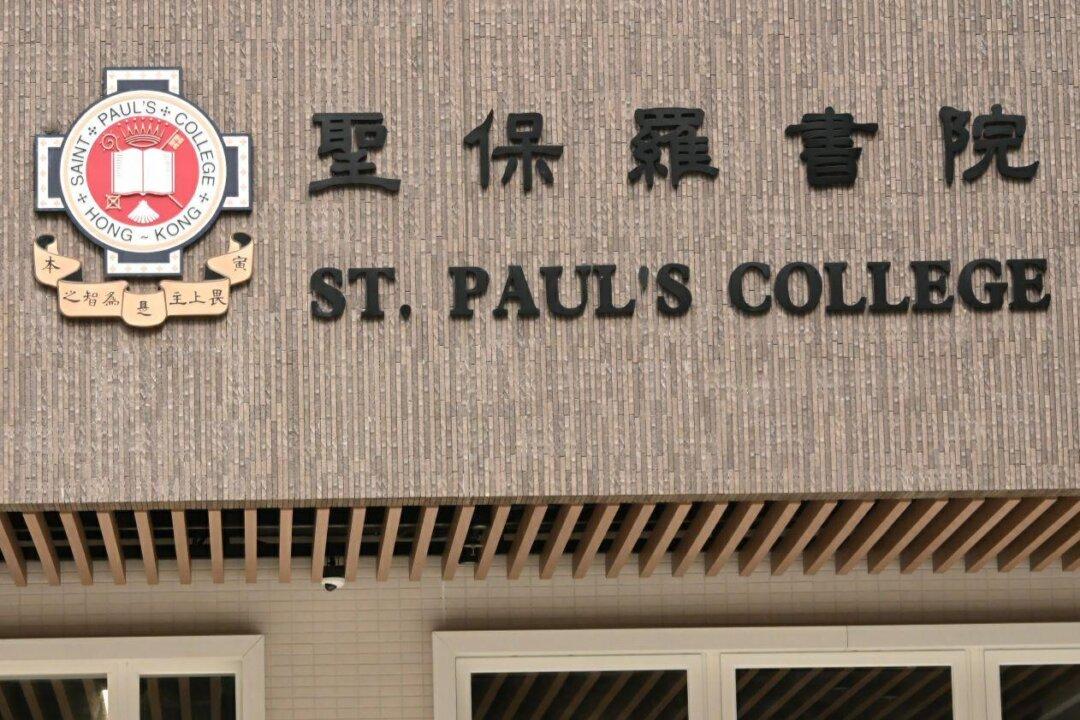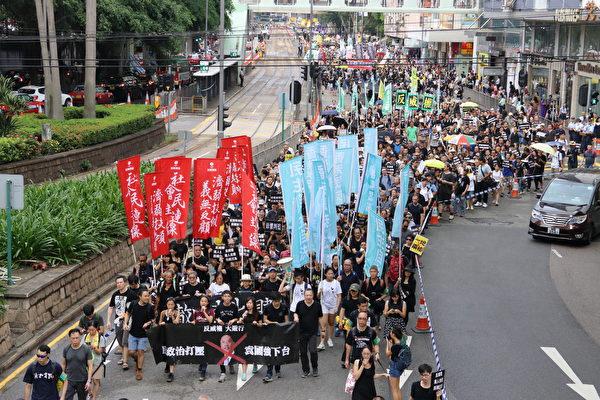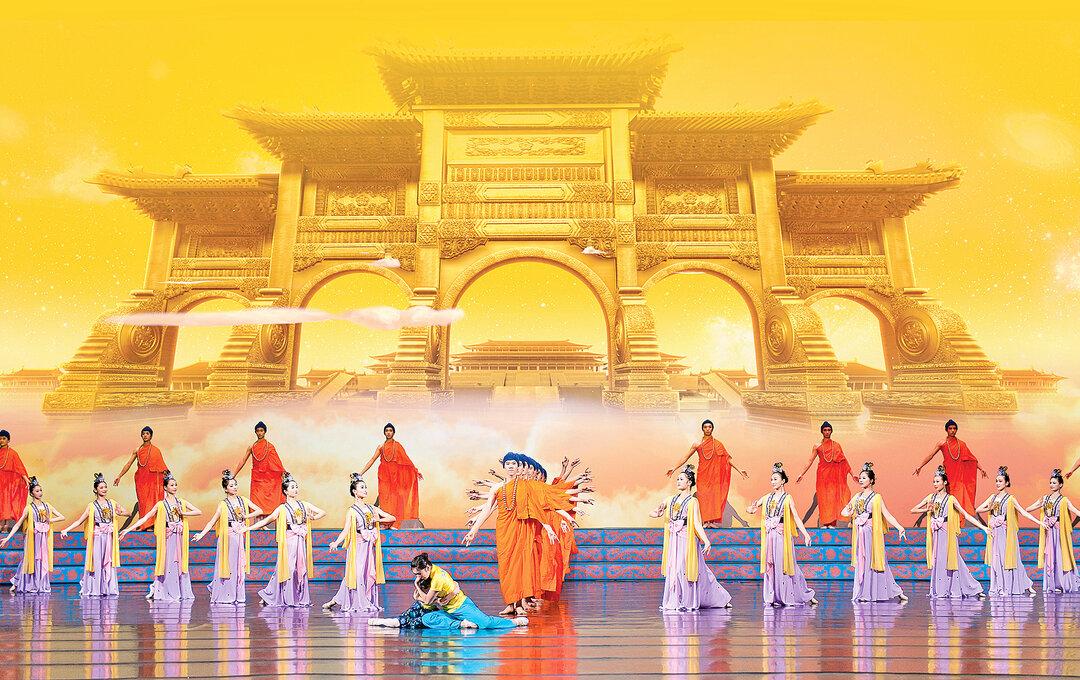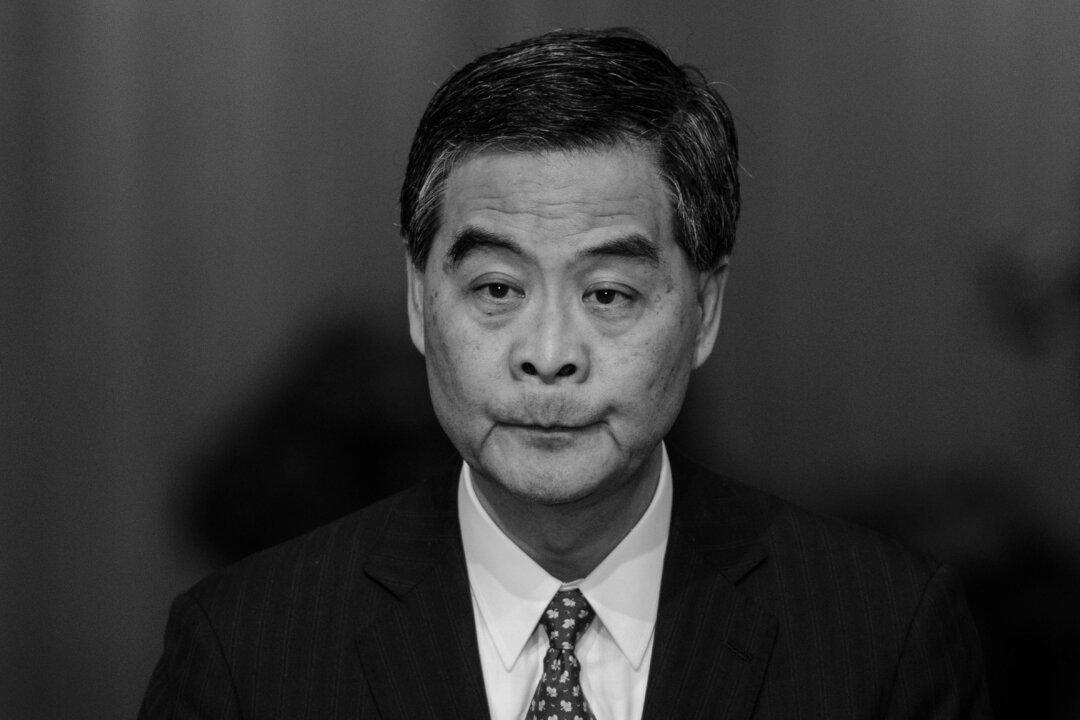HONG KONG—Those in Hong Kong who favor increasing democracy are worried that the city’s freedom of the press is in jeopardy, as a faction in the Chinese Communist Party (CCP) has increasingly been using Hong Kong’s media outlets to spread propaganda.
Pan-democrats—the legislators of different parties united in their goal of bringing democracy to Hong Kong—raised a motion in the Legislative Council on Jan. 22 to defend the freedom of the press in Hong Kong, and it passed by 35 votes.
Civic Party head Alan Leung, who initiated the motion, said that a recent spate of events in Hong Kong show that the freedom of the press is threatened.
Leung said that it started with Hong Kong newspaper South China Morning Post, which began supporting the CCP when Wang Xiangwei from the China Daily paper was appointed first as the Post’s deputy editor, and then as its editor-in-chief.
This was followed in September 2011 by the unusual assignment of Hong Kong Administrative Officer Roy Tang Yun-kwong, who had no previous experience in broadcasting, to oversee the operation of Radio Television Hong Kong (RTHK).
After that, in May 2012 Hong Kong Chief Executive Leung Chun-ying sent a legal letter threatening the Hong Kong Economic Journal. In November 2013 Commercial Radio Hong Kong’s outspoken host Lee Wai-ling was forcefully transferred, and then this January Ming Pao’s chief editor was replaced with a known CCP supporter.
Neo Democrats Party member Gary Fan said that Hong Kong media have mostly turned “red.” For example, ATV World, Sing Pao, South China Morning Post, and Sing Tao have been enlisted to support the CCP through commercial or political interests, Fan said.
Some semi-official mainland Chinese television channels such as Phoenix Television and One TV have set up branches in Hong Kong, Fan added. Local media have been depleted, and the days of Hong Kong’s freedom of the press are numbered, he said.
Civic Party and Legislative Council member Kwok Ka-ki described the situation as someone behind the scenes “buying up the Hong Kong media one by one, then burning them out one by one.”
China specialist Chen Zhong pointed out that when the CCP used advertising to exert pressure on am730 and Apple Daily, this showed that it is very difficult nowadays for conventional Hong Kong media to survive without funds from the CCP.
These Hong Kong media must follow the directives of the CCP on critical issues and impose self-censorship in reportage, and the terms they use are increasingly in line with the CCP’s official media, Chen said.
Factional Struggle
Chen Zhong told the Epoch Times that currently the Jiang Zemin-Bo Xilai faction of the CCP is heavily involved in running Hong Kong’s media. Jiang Zemin is a former head of the CCP and had intended for Bo Xilai to assure his faction’s continued predominance in the Party, until CCP head Hu Jintao managed to take down Bo.
The Jiang faction has lost its high-profile media platform in mainland China, where the only mouthpiece remaining to them is the Global Times. Therefore they use the Hong Kong media they bought earlier to discharge propaganda and create confusion.
For instance, he said, many Hong Kong media reported on the recent New York press conference held by Chen Guangbiao, a Chinese billionaire supported by the Jiang faction. In the conference, Chen Guangbiao attempted to reignite the Tiananmen “self-immolation” hoax created by the Jiang faction in 2001 to justify its persecute of practitioners of the spiritual discipline Falun Gong.
Chen Zhong said that the truth about this hoax has become common knowledge in China, and mainland Chinese media chose not to report on the press conference. However, one-sided coverage of the event was reported in the Jiang faction’s favor by several Hong Kong media, including Sing Tao, The Standard, Ming Pao, Oriental Daily, Sing Pao, Apple Daily, and RTHK. Chen Zhong said this reporting showed the media had lost their conscience.
Jimmy Lai, the boss of Apple Daily, told RTHK that Ming Pao’s former chief editor, Kevin Lau Chun-to, was already very “cooperative” with the CCP. However, Lau was still removed, which Jimmy Lai found puzzling.
According to Chen Zhong’s analysis, Lau was a victim of the duel between factions. Chen said that Lau is a Hong Kong local who does not understand the complexity of the CCP’s politics and the frictions between different factions. This caused him to shift grounds recently in Ming Pao’s reporting, which led to the Jiang faction being dissatisfied.
Under Kevin Lau, Ming Pao supported the Leung government of Hong Kong, legislator Raymond Wong Yuk-man said in the Legislative Council on Jan. 22. Those who do not comply with the requirements of the CCP cannot survive the purge, even if they help with minor criticisms, Wong said.
The media at Hong Kong, Wong added, has become the propaganda department of Beijing.
International media such as the Washington Times have reported on the relationship between Ming Pao owner Tiong Hiew King and the CCP. When Bo Xilai was in power, the city of Chongqing pumped an annual investment of tens of millions into a newspaper under Tiong’s control, the Singapore-based, Chinese-language United Morning Paper.
United Morning Paper runs a special column dedicated to drumming up support for Bo. Asia Weekly, another media outlet controlled by Tiong, was the first to propose the Bo Xilai-supported “Chongqing model,” criticized Bo’s rival Wang Yang, ridiculed former CCP head Hu Jintao, and opposed current CCP head Xi Jinping, who heads the faction that opposes Jiang and Bo.
The liaison between Bo Xilai and the United Morning Paper was reportedly facilitated by Chong Tien-siong, who is now the new editor candidate of Ming Pao.
Translated by Y.K. Lu. Written in English by Sally Appert.




